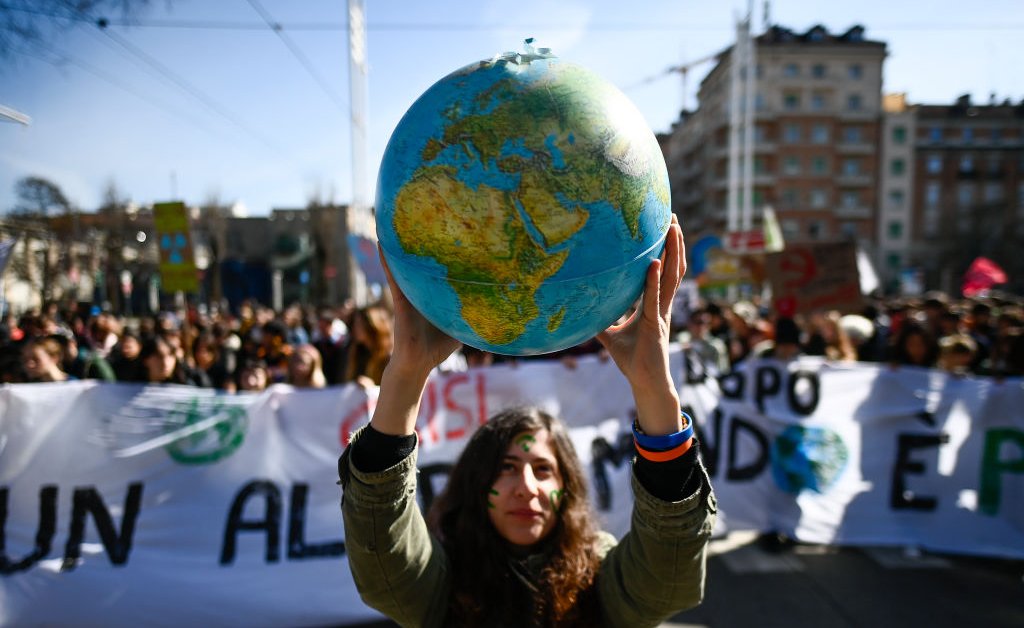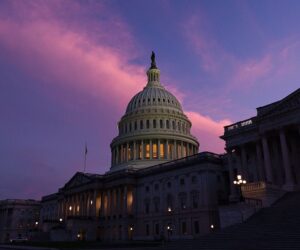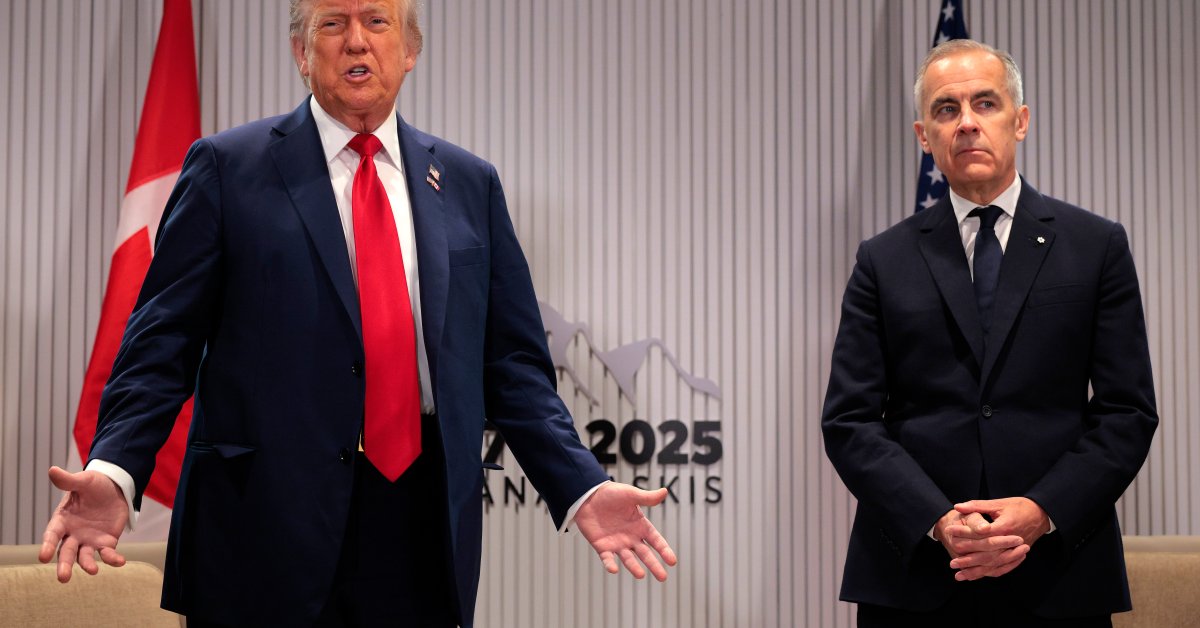We were told the law is only for the powerful. That courts do not recognize climate justice. And that our islands, our voices, and our ability to create change do not matter.
But last week, the world’s highest court proved otherwise.
The International Court of Justice has handed down its unanimous opinion on climate change. It affirms what so many of us have been demanding for years: that all governments, regardless of which treaties they’ve signed, have a shared responsibility to protect our common home.
As one of the young people who first imagined this in a law school classroom at the University of the South Pacific six years ago, it has been incredibly humbling to see this moment come to life.
But while news headlines have poured in about what this means for future lawsuits or whether countries will now take each other to court, this narrow lens misses a bigger truth.
At the heart of this opinion is not a call to litigate; it is a call to unite in action.
The World Court clearly and unequivocally tells us that the climate crisis cannot be resolved by blame or finger-pointing, but through shared responsibility. After the court’s two-hour reading, it is the final words of the judge that continue to ring clearly in my ear: “Above all, a lasting and satisfactory solution requires human will and wisdom—at the individual, social, and political levels—to change our habits, comforts, and current way of life in order to secure a future for ourselves and those who are yet to come.”
Looking around the world we live in today, this idea might seem distant and unimaginable. But we have to ask ourselves: why do we find it easier to imagine the endless suffering caused by the climate crisis than to envision that we could come together to confront it?
For me, the story of the youth who united behind this idea of taking the world’s most urgent problem to our highest court, despite all the world’s foremost international lawyers and experts telling us for years it was vain to hope, is proof that we are capable of achieving the impossible.
Our breakthrough was thanks to the power of solidarity.
In the Pacific, we are raised to see ourselves not as isolated individuals, but as a wider collective, connected not only to each other but to all those who came before and those who will come next.
That is how our story began, with a group of Pacific law students asking: what if the world’s highest court recognized that inaction on climate change is an injustice, not only for current generations but for those who will come after?
Growing up, I’ve seen the sea slowly ebb in and consume our homes and ways of life. I knew of climate change before I had the words to describe it, and as my knowledge grew, so did my frustration. It was impossible to reconcile how those of us who have done so little to cause this crisis are denied the agency to stop its harm.
So I studied law. Not as a weapon to blame and punish those who were responsible, but as a way to protect my islands and my people. In my culture, law is more than a tool for repair; it connects the world as it is to the world as it could be.
Throughout history, people have used the law to build bridges to a more just world. From the lawyers who took climate lawsuits to the Inter-American Court of Human Rights to our brothers and sisters in Palau who paved the way for this idea—the collective struggles of those who came before us gave us the courage to move forward.
Yet, as law students who could not always get photocopies of the required textbooks, we knew we needed the help of many others to take this idea beyond our classroom.
So we reached out, and the world reached back.
From the Pacific to the Caribbean, from Africa to Latin America, young and stubborn optimists found each other—people who refused to believe that powerful nations should have the final word on how the world responds to the climate crisis.
Now, thanks to the wisdom of the court’s opinion, they don’t.
Together, we built something greater than ourselves: a global community where solidarity was both our strategy and our savior. We did not have money, but we did have power because we had each other.
That is how we took climate justice from a message that had been barred from being heard in the rooms where countries negotiated climate agreements to where the world’s highest court has now placed it: at the heart of how every country must now respond to climate change.
To every young person wondering if the law could speak your truth, this ruling is your echo. But for it to be heard and acted on, we now need more of you to speak its truth. This is no longer the Pacific’s advisory opinion. It belongs to the world.
So join us, because we need each other now more than ever.








